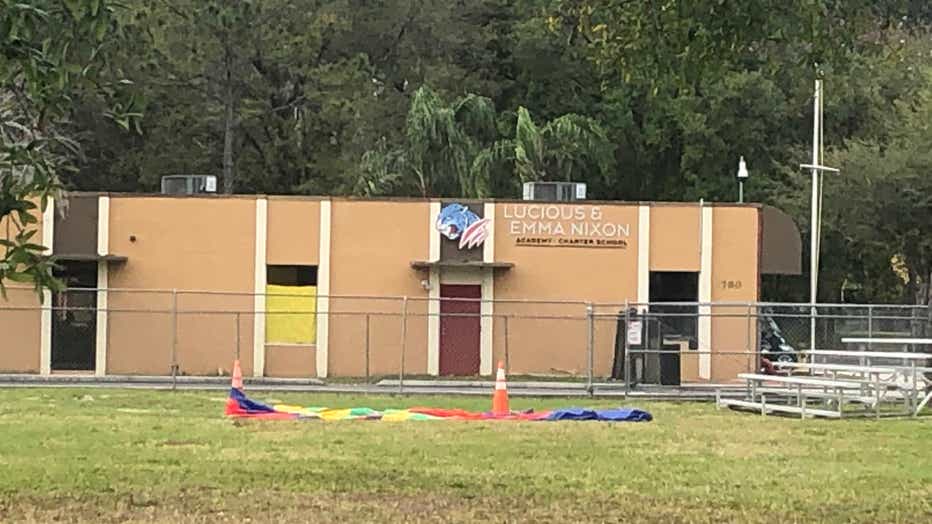FOX 35 INVESTIGATES: What goes into school resource officer training?

Training for school resource officers
Training for school resource officers is different in each county in Florida. The state does not oversee such training when officers move from the streets to the school. It is up to the law enforcement agency to offer a basic 40-hour course recommended by the state.
ORLANDO, Fla. - The State of Florida does not require training for school resource officers (SRO).
That training is left up to the individual agencies to decide how to prepare its officers to move from the street to schools.
FOX 35 News looked into what training the SROs have to go through.
“Even if they’re highly trained as a first responder on the street, when it comes to being a school resource deputy, there’s a whole litany of other things that are more student-specific,” said Bob Kealing, spokesman at The Seminole County Sheriff’s Office.
Every agency we spoke to offers basic school resource officer training, a 40-hour, state-recommended course.
Some departments also require courses like crisis-intervention, bully-prevention and trauma-informed care.

(FOX 35 Orlando)
“Which means that they have an idea of what children are facing, the difficulties that are out there and then can help handle those kids who are acting out for trauma reasons,” said Kimberly Renk, associate professor of Clinical Psychology at the University of Central Florida. “It’s about being in their presence and instead of just reacting to their behavior, thinking about what’s underlying that behavior.”
Renk, who's a child psychologist, says SROs need to be trained to communicate with children.
“Not getting too aggressive, not misperceiving what’s happening, being able to meet the child where they are, being able to talk them through and organize before making rash decisions about anything,” Renk said.
It's especially the case when dealing with younger kids, Renk said.
“When it comes to little ones, you have to adjust in a developmentally-appropriate fashion and think of what kind of trauma different interactions may put upon a child, especially if it gets aggressive between an officer and a child,” Renk said.
Bob Kealing, with the Seminole County Sheriff’s Office, says the school deputies must consider themselves role models to the students.
“In any given day, they may be the mentors, they may be somebody who is asked to intervene when a student is in crisis or maybe the student just needs someone to listen to them,” Kealing said.
“It’s not for everybody, but I think those who pick that role certainly have a responsibility to be the role model that we expect from them,” Renk said.
The Seminole County Sheriff’s Office says it understands the critical roles the school deputies are in and leans toward using the most experienced deputies for those positions.

